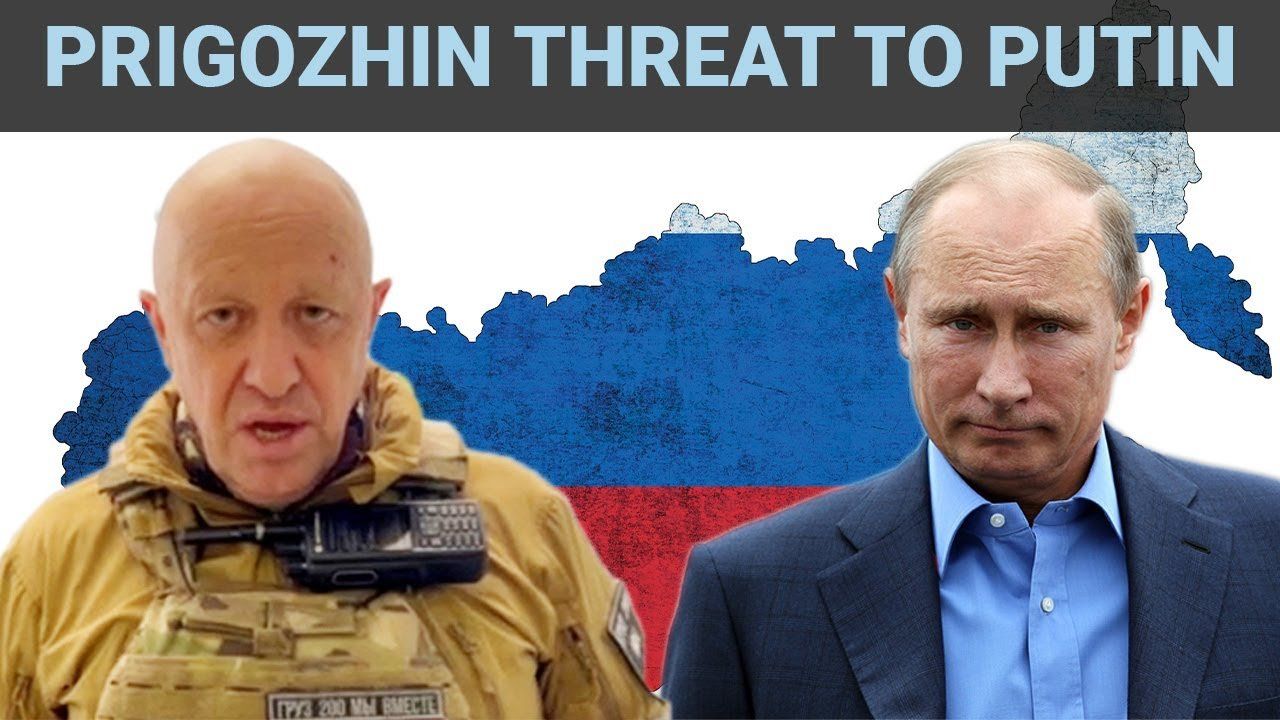Former Russian intelligence officer: Prigozhin's threat to Putin is “ludicrous”

President Vladimir Putin faced the greatest challenge to his power in decades as Wagner Group head Yevgeny Prigozhin led thousands of his men toward Moscow this weekend in what Putin himself called an “armed rebellion.”
Wagner forces appeared to take control of the southern Russian city of Rostov-on-Don, a major logistical base of operations for Russia’s war in Ukraine. Putin vowed swift action to crush the uprising. Prigozhin then made a deal to "avoid bloodshed" and called the whole thing off.
On next week’s Season 6 premiere of “GZERO World with Ian Bremmer,” Dmitri Trenin, former director of the Carnegie Moscow Center and former Russian intelligence colonel, explains the view of the war from inside Russia. Speaking just hours before Prigozhin began his march, Trenin told Bremmer that it’s “ludicrous” to believe there is any serious threat to the Kremlin.
The fact that a former Russian intelligence officer and Putin ally didn’t see Prigozhin as a “challenge” hours before the Wagner chief launched his rebellion raises questions about whether the Kremlin and those closest to Putin seriously underestimated Prigozhin’s threat. The events of the last 24 hours certainly show that the Russian president’s grip on power may not be as iron-tight as previously believed.
Tune in to “GZERO World with Ian Bremmer” on US public television starting this Friday, June 30, to watch the full interview. Check local listings.